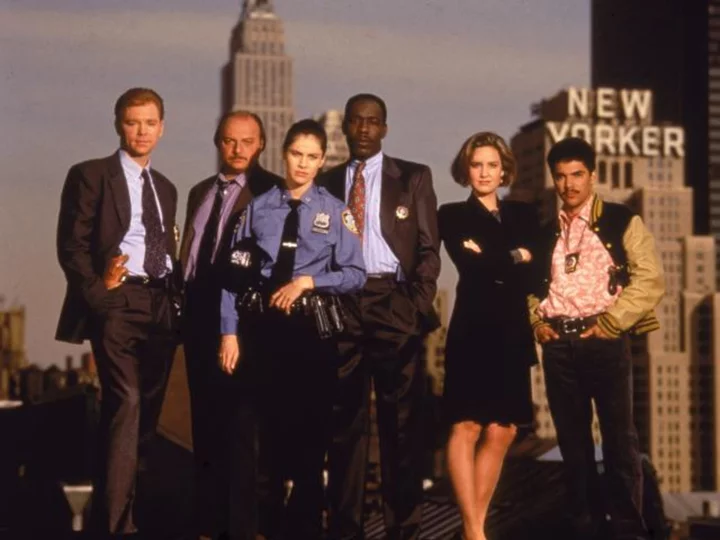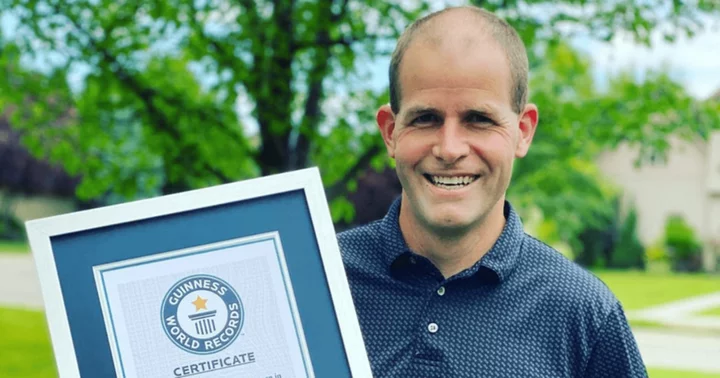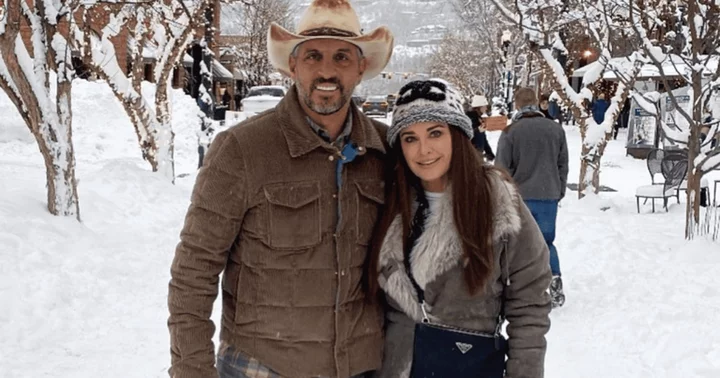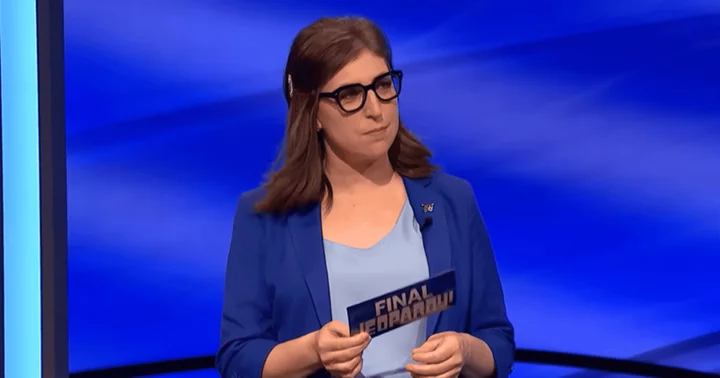Although the hyperbole came mostly from its critics, "NYPD Blue" was supposed to change broadcast television forever, and it didn't. Yet as the show reaches the 30th anniversary of its premiere, its legacy includes introducing a few new curse words and carefully shot body parts to ABC, and 11 seasons as one of TV's best crime dramas.
The advocacy campaign that greeted the show's debut -- targeting advertisers and ABC affiliates, particularly in Southern and more conservative states, by a religious-backed group known as the American Family Association -- also marked a watershed moment for such protests, while highlighting their limits.
When it premiered, 57 of ABC's more than 200 affiliates declined to air the series, most representing smaller markets, and thus added up to less than 10% of US households. The show nevertheless made its debut with extremely strong ratings, went on to win 20 Emmy awards (four of them for star Dennis Franz) and gradually overcame media buyers' skittishness, though that did linger into the second season.
The late Steven Bochco, who co-created the series with David Milch, set out to push the boundaries of what was acceptable on broadcast TV, feeling the traditional networks were losing audience to more unflinching programming on premium channels like HBO, which were unfettered by standards-and-practices departments.
In his memoir and interviews, Bochco recalled sitting down with then-ABC Entertainment president Bob Iger and negotiating just how far "NYPD Blue" could go. The two, he said, wound up "drawing 'dirty' pictures like two 9-year-old schoolboys," trying to determine exactly how much of the body could be shown.
For his part, Iger had to sell the idea to his boss, Dan Burke, CEO of ABC parent Capital Cities, who asked if he really wanted to gamble on developing such a show. When Iger said yes, Burke replied, "You'd better be right. Because if you're wrong, my skirts won't be big enough for you to hide behind."
Thirty years later, Iger is the head of the Walt Disney Co., which acquired ABC during "NYPD Blue's" run. Later, Disney would buy the entertainment assets of 20th Century Fox, the studio that produced the series.
Bochco and ABC spent more than a year in development hammering out the details, including a glossary of acceptable curse words, "NYPD Blue" premiered to critical praise and a tide of media coverage. The New York Times wondered whether it would permanently change broadcast standards under the headline, "What's a network TV censor to do?"
Once the series became a hit, Bochco frequently joked that he owed the AFA and its leader, Donald Wildmon, a bottle of wine for how its protests helped promote the show, although the controversies didn't entirely end.
After a decade on the air, with audiences presumably knowing what to expect, the Federal Communications Commission under the Bush administration fined ABC stations more than $1 million for a fleeting nude scene in a 2003 episode. A federal appeals court later tossed out the fine, and the Supreme Court upheld the decision in 2012.
Early in its run, "NYPD Blue" also weathered the risky decision to replace star David Caruso, who had clashed with the producers, with Jimmy Smits.
Despite the AFA's warnings, the program's success didn't produce a stampede of broadcast shows eager to emulate those more permissive standards, although edgier dramas continued to flourish on pay cable, including the launch of "The Sopranos" before the '90s were over. (Milch, notably, went on to produce HBO's western "Deadwood," which made the language on "Blue" look like a school play.)
Bochco, who died in 2018, said he knew when the ratings and percentage of the available audience (known as "share") remained high in the show's second week, the threat to its survival was over.
"That's just TV 101," he said in a 2013 interview. "No one is going to cancel us with a 35 share."









